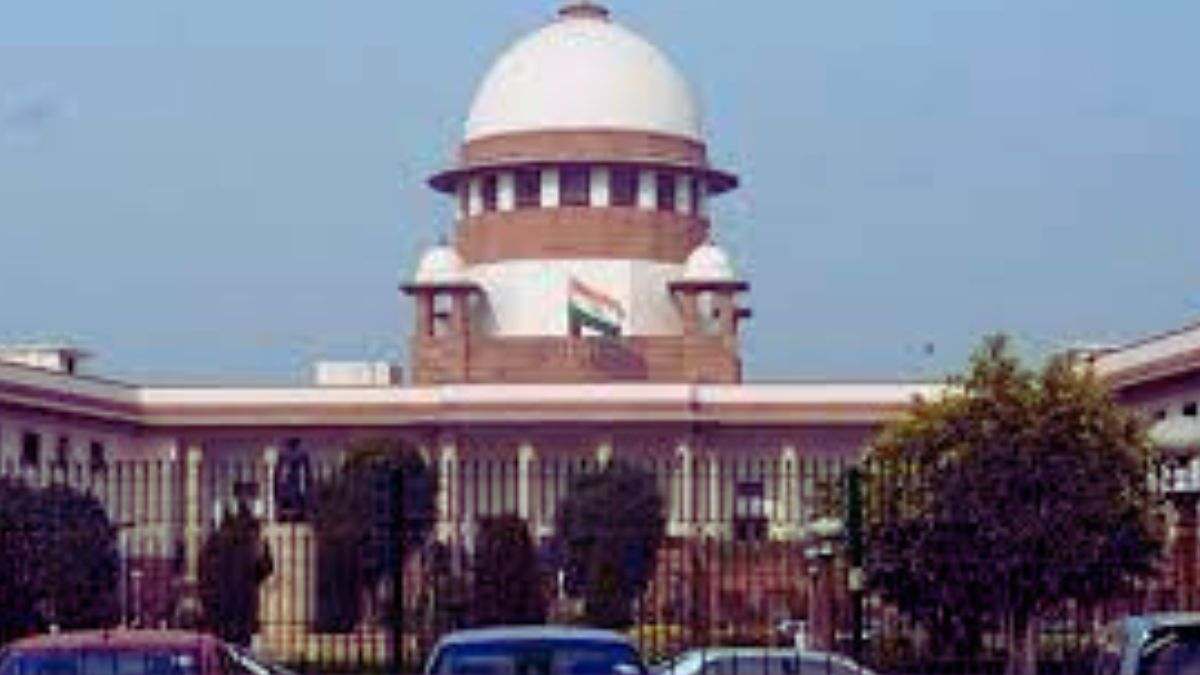The Supreme Court of India is set to hear a set of around 23 petitions challenging the Centre’s decision to abrogate Article 370 of the Constitution. The article gave special status to the state of Jammu and Kashmir.
Headed by CJI DY Chandrachud, a five-judge bench will hear the pleas. The Supreme Court’s decision to hear these pleas comes 4 years after the state of Jammu and Kashmir (erstwhile) was reconstituted into the two UTs of Jammu and Kashmir and Ladakh in the year 2019. The hearing will be held on July 11, 2023.
Issues involved
The Presidential Orders of August 5 and 6, 2019 and the Jammu and Kashmir Reorganization Act, 2019 have been challenged.
The August 5 order titled Constitution (Application to Jammu and Kashmir) Order, 2019 was passed under Article 370(1)(d) of the Constitution of India, thereby replacing the Presidential Order of 1954 which advanced the Article 35A, which made the state of Jammu and Kashmir capable of defining who are all permanent residents, as well as formulating special laws for them.
The Supreme Court website issued a notice that the court is going to consider multiple pleas filed by many, one of them filed by IAS officer Shah Faesal.
IAS Shah Faesal and his plea
IAS Shah Faesal is the first Kashmiri to top the All India Civil Services Examination, from the batch of 2010. The officer was detained for approximately more than a year after the abrogation of Article 370.
Thus, the officer resigned from his position and created the Jammu and Kashmir People’s Movement (JKPM), a political body, in January 2019.
Even after the officer resigned, the government did not accept the resignation. Instead, the government posted the minister, who is a doctor by profession, to the Union Culture Ministry.
In the year 2019, the Center decided to remove the special status of Jammu and Kashmir and further divide it into two Union Territories.
In the same year, a constitutional court was assigned to handle multiple petitions challenging the Centre’s decision to repeal Article 370 and also implement the Jammu and Kashmir Reorganization Act, 2019.
The audience in 2020
It was on March 2, 2020, that petitions challenging the central government’s decision of August 2019 emerged in the apex court. At that time, the five-judge bench headed by Justice NV Ramana rejected the plea to refer the pleas to a bigger court. The court clarified that its order is actually limited to the limited preliminary question of whether the matter should be referred to a larger court. He also clarified that the order has not considered any issue based on the merits of the dispute.
Judges R Subhash Reddy, Sanjay Kishan Kau; Surya Kant and BR Gavai were the other members of the tribunal. In January last year, Justice Reddy retired. Justice Ramana also retired last year in August as Chief Justice of India.
READ ALSO: What is the Uniform Civil Code? What do the different organizations and agencies say about it?
Categories: Optical Illusion
Source: ptivs2.edu.vn
